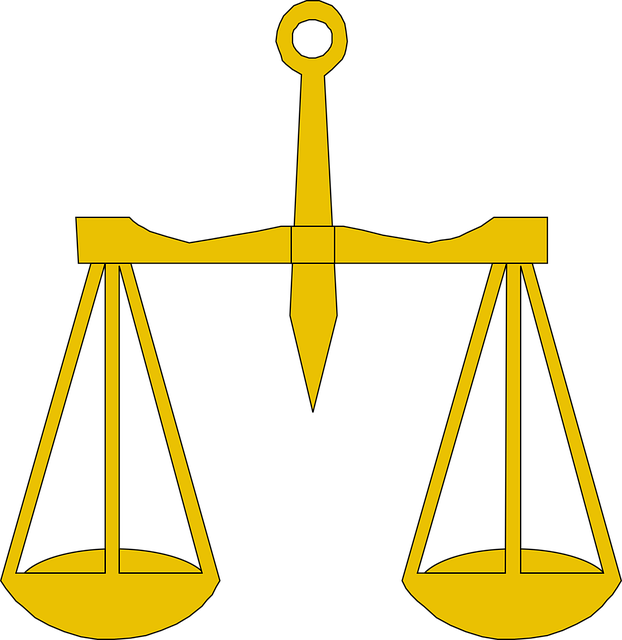Criminal defense attorneys play a vital role in our justice system, advocating for individuals accused of crimes and ensuring fair trials. They shape society through notable verdicts, influencing public perceptions of fairness and equality. In the context of antitrust laws, these lawyers are crucial for small businesses operating in tightly knit markets, guiding them towards compliance and protecting their interests. Their expertise helps defend against criminal charges related to antitrust violations, leveraging market dynamics and competitive analysis for successful outcomes.
Criminal defense attorneys play a crucial role in protecting the rights of individuals accused of crimes. This article delves into the vital intersection of criminal defense and antitrust laws, specifically examining their impact on small businesses. We’ll explore how antitrust regulations influence legal strategies for owners facing charges, navigating complex legal landscapes to ensure fair treatment. Understanding these dynamics is essential for both practitioners and entrepreneurs, as it underscores the delicate balance between maintaining business integrity and adhering to legal frameworks.
- Understanding Criminal Defense Attorneys: Their Role and Responsibilities
- The Complex Relationship Between Antitrust Laws and Small Businesses
- How Antitrust Laws Affect Criminal Defense Strategies for Small Business Owners
Understanding Criminal Defense Attorneys: Their Role and Responsibilities

Criminal Defense Attorneys play a pivotal role in our justice system, serving as advocates for individuals accused of crimes. Their primary responsibility is to ensure that their clients receive a fair trial, protecting their rights and freedom from unjust convictions. These attorneys are crucial in navigating complex legal landscapes, often dealing with intricate details of state and federal laws. They examine evidence, interview witnesses, and develop robust defenses tailored to each unique case.
Beyond their direct impact on individual cases, criminal defense lawyers significantly influence society at large. By winning challenging defense verdicts, they contribute to a balanced justice system, holding law enforcement and prosecutors accountable. Their work also resonates across the country, shaping public perceptions of fairness and equality within the legal process. This extends beyond the courtroom, impacting philanthropic and political communities that advocate for criminal justice reform.
The Complex Relationship Between Antitrust Laws and Small Businesses

Antitrust laws, designed to protect fair competition and prevent monopolies, often find themselves in a complex relationship with small businesses. While these laws aim to level the playing field for all companies, their impact on smaller enterprises can be significant. Many small businesses operate within tightly knit markets, where collaboration or even informal agreements might be essential for survival. Antitrust regulators must therefore navigate this delicate balance, recognizing that enforcing these laws against small firms can have substantial effects.
The investigative and enforcement process involves meticulous scrutiny of business practices at all stages, which can be particularly challenging for smaller entities with limited resources. The consequences of a violation can lead to substantial financial burdens, operational disruptions, and even legal demise. Yet, it’s crucial to remember that an unprecedented track record of winning challenging defense verdicts highlights the importance of robust legal representation. Skilled attorneys specializing in antitrust law can guide small businesses through this intricate landscape, ensuring compliance while protecting their interests and helping them navigate these complex legal waters.
How Antitrust Laws Affect Criminal Defense Strategies for Small Business Owners

Antitrust laws play a significant role in shaping the strategic landscape for small business owners facing criminal charges. These regulations, designed to promote fair competition and prevent monopolistic practices, can have both direct and indirect effects on how legal teams approach defense strategies. For instance, understanding antitrust principles helps lawyers navigate complex cases involving pricing, market share, and competitive behavior. This knowledge allows them to build robust defenses for their clients, aiming for complete dismissal of all charges where applicable.
Small business owners often find themselves in a delicate position when facing criminal prosecution, especially with general criminal defense as a potential outcome. Antitrust laws provide a unique lens through which attorneys can challenge the validity of accusations, ensuring their clients receive fair treatment. By analyzing market dynamics and competitive interactions, legal professionals can uncover weaknesses in the prosecution’s case, ultimately advocating for the best possible outcome for their small business owner clients.
Criminal defense attorneys play a pivotal role in navigating complex legal landscapes, especially when antitrust laws come into play. Understanding the intricate relationship between these laws and small businesses is essential for both legal professionals and entrepreneurs. The impact of antitrust regulations on criminal defense strategies cannot be overstated, as they often shape the defensive narrative for small business owners facing legal challenges. By recognizing the effects of antitrust laws, attorneys can craft more effective defenses, ensuring a fair and just outcome for their clients in light of these regulatory constraints.






